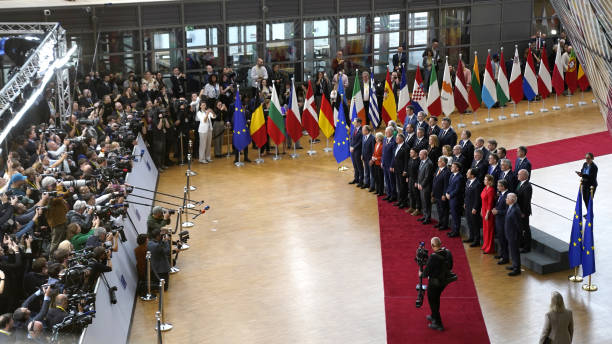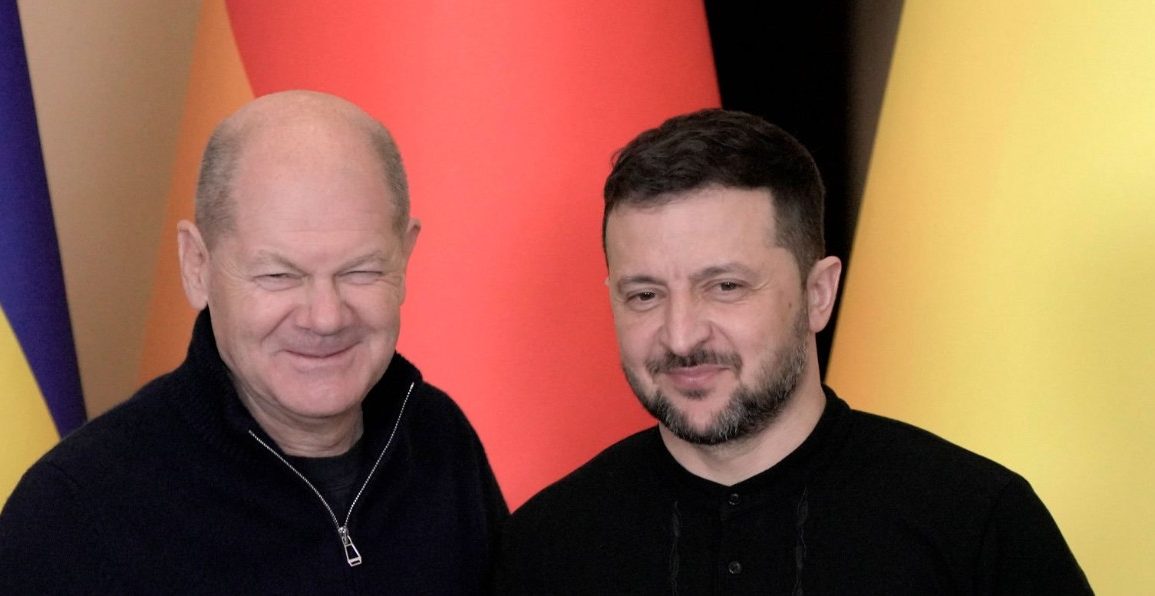German Chancellor Olaf Scholz’s recent visit to Ukraine comes amid a backdrop of tension over his diplomatic approach to the ongoing war with Russia.
The visit followed a controversial phone call he had with Russian President Vladimir Putin, which sparked criticism from Ukrainian President Volodymyr Zelensky.
Zelensky had expressed disapproval of the call, fearing it could undermine Ukraine’s alliances with the West and provide Putin with an opportunity to reduce his international isolation.
Scholz, however, defended the conversation, asserting that he aimed to remind Putin of Ukraine’s sovereignty and emphasize the unwavering support of Ukraine’s Western allies.
Germany has been one of Ukraine’s most significant supporters, second only to the United States, with Scholz steadfast in his commitment to military and financial aid.
However, his refusal to supply Ukraine with long-range missiles and fast-track NATO membership for Ukraine has been a point of contention.
Scholz maintains that such actions could risk escalating the conflict into a full-scale war between NATO and Russia, which he seeks to avoid.

Despite this, he reaffirmed Germany’s strong backing for Ukraine during his visit, with an announcement of additional military support worth €650 million.
The Tension Between Support and Diplomacy
As the war approaches its fourth year, Zelensky has called for stronger commitments from his allies, including the provision of Taurus long-range missiles and NATO membership.
Scholz, however, has been cautious about these requests, emphasizing the need for a peaceful resolution while ensuring Ukraine’s sovereignty is upheld.
Germany’s Strategic Role in the War
While Scholz’s diplomacy has drawn criticism, his administration remains a key player in supplying Ukraine with critical resources.
As Germany heads into an election season, Scholz is keen to balance his support for Ukraine with the need for careful diplomacy, underscoring Germany’s role as a reliable and powerful European ally.
Despite the criticisms, Scholz assured that Ukraine could “rely on Germany,” highlighting the country’s role in providing substantial military aid while navigating the complexities of international relations.
Scholz’s visit and the ongoing debate underscore the delicate balance Western leaders must strike between offering steadfast support to Ukraine and avoiding confrontation with Russia.

